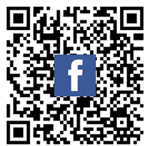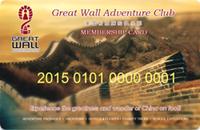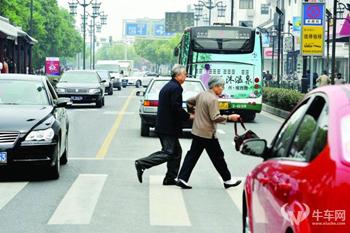Area
9,596,960 square kilometers
Population
1,338,000,000
Capital
Beijing
Language
Mandarin is the
official spoken language, Cantonese, Shanghainese and
many minority dialects.
Tipping
Tipping is not
expected in restaurants, bars and hotels however it is
becoming more common in more up-market tourist hotels.
We encourage you to grant gratuity to our tour guides
and drivers if you like their services. It is also a
great support to our service. We thank you for that.
Bank
Mon-Fri 9am-6pm / Weekends 10am-5pm
Post Office
All week - 8am -
8pm
Shops
Larger shopping centers Mon-Sun
9am-10pm
Time Zone
China is a
single time zone, eight hours ahead of GMT
Electricity
220v AC, 50AC.
Plugs come in a variety of shapes including flat two pin
& flat three pin.
Telephone
The dialing code
for China is +86. Public phones have now been installed
in many hotels, which can be used easily with a direct
dial phone card (IC card).
Photography
There are many
photographic opportunities in China but be careful of
the signs of "No Photo" or
"No Flash"
in order to protect relics. Film and batteries
are on sale at most tourist spots, and hotels.
Post
Post to and from China takes about
a week. Hotels and Friendship stores offer postal
services.
Currency
Renmimbi (The
People's Currency,
RMB or CNY in short). The
standard unit is the Yuan (Chinese
term of "dollar"). Paper money was invented by
the Chinese and is still the main form of currency.
Beware of counterfeiting, which is a problem.
Currency Regulations
You can take
Yuan with you that you can purchase through foreign
exchanges. Taking sterling cash that you should change
at Beijing airport is also advisable. You will not have
the opportunity after this so make sure you have enough
Yuan or a Credit/Debit Card after leaving Beijing
airport. You cannot sell Yuan outside China. You must
therefore convert your Yuan back into
your currency (USD, EURO or Pounds) before
leaving China so keep one of the exchange notes for
later use. You can exchange foreign currency back at the
airport.
Credit cards
Credit Cards are
gaining ground in the shopping centers, hotels but not
in the country lodges where you may be staying. Most
cards (Visa, Mastercard, American Express) are accepted.
Cash Withdrawal ATMs
are available in streets, shopping places and larger
hotels. You can use your bank cards to withdraw RMB up
to 2,500 yuan (US$400) per day per card. If you need more cash,
use multiple cards. Foreign ATM fees will apply varying
from bank to bank. Please ask your bank for details.
This is the most convenient way to get Chinese RMB cash.
According to our observation, you get more favored
exchange rate from ATMs than the rate you are given at
your hotel's reception. So, take the advantage of your
cards!
Passports/Visa
Citizens from Western countries
require a visa to enter China. You cannot obtain visas
upon entry to China. We recommend you leave plenty of
time to organize your visa prior to your departure.
Gifts and souvenirs
Keep receipts of
all gifts purchased.
Health and Vaccinations
Please see you family doctor or
local travel clinic for advice on health and
vaccinations
Hospitals/chemists
If you do get
ill, medical facilities in the big cities are adequate
and in Beijing there are high-standard international
clinics for foreigners. Medical costs are minimal and
Western medicine is quite usual, as well as traditional
Chinese medicine.
Water
The tap-water is not safe to drink.
Bottled water will be provided during the trekking
sections, and you can buy bottled water or soft drinks
in hotels and lodges for meals. Also see Health notes.
Climate
In the Winter
cold and dry winds blow from Central Siberia. In the
Summer the Pacific Ocean brings warm, moist air,
sometimes producing rain formed cyclones. In the
summer months temperatures along the wall can rise to
well over 35 degrees centigrade with little shade, in
the winter they can fall to below freezing. Spring and
Autumn tend to be the best times to go as you avoid
these extremes. It is a relatively dry region but there
is always the possibility of showers. Summer (July /
August) daytime temperatures will be quite warm, up to
30 degrees centigrade. Winter (late November to
mid-March) daytime temperatures will be closer to 10
degrees centigrade, plus wind chill, but can fall at
night to 0 degrees centigrade or below.
Geography
The
third-largest country in the world, China is bounded to
the north by deserts of central Asia and Mongolia, to
the west by the inhospitable Tibetan plateau and
Himalayas, and to the East by the East and South China
Seas.
Do's & Don's
Do exchange money only through
authorized banks or moneychangers; insist on a receipt
when changing money.
Do always dress and behave
modestly.




